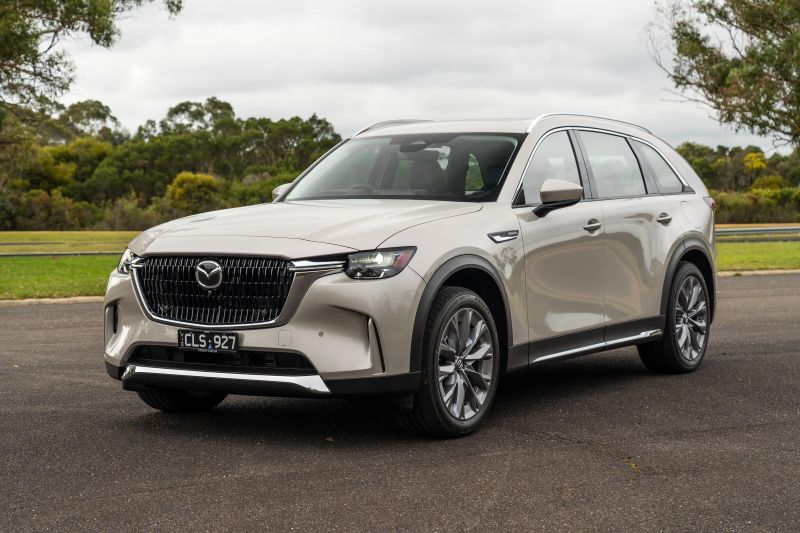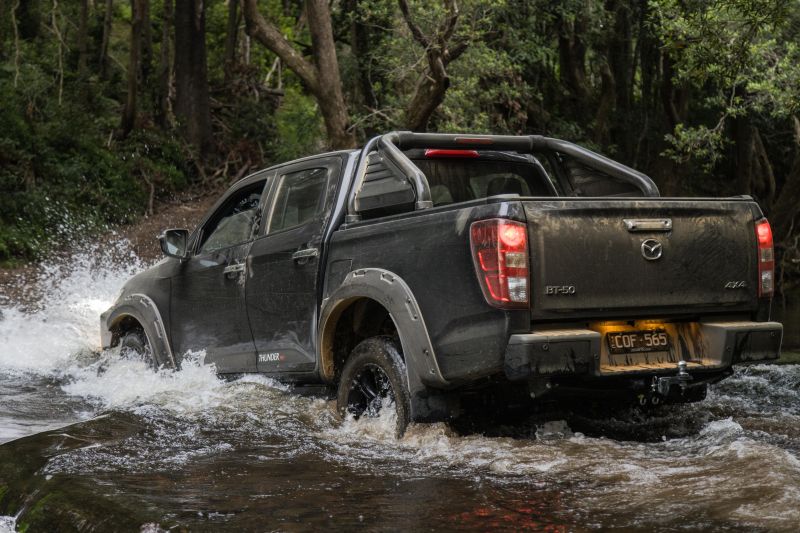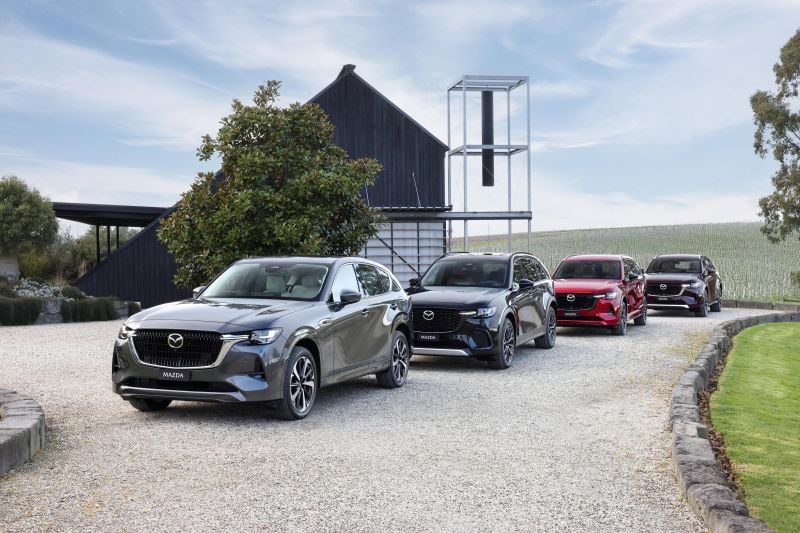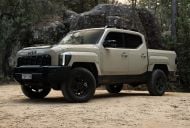Mazda Australia has no intentions of abandoning diesels, and is instead investing in the technology even as rivals move away from the powertrain type.
Speaking to CarExpert at the launch of the new CX-80, Mazda Australia boss Vinesh Bhindi said the company sees consistent and strong demand for diesel powertrains across its range.
Mazda says 20 per cent of all CX-60s sold here are equipped with a diesel powertrain, and anticipates the take rate could be even higher for the upcoming CX-80.
100s of new car deals are available through CarExpert right now. Get the experts on your side and score a great deal. Browse now.
“When we look at our CX-8 experience, it showed diesel was okay. So now we don’t see that as a problem,” Mr Bhindi said.
Mazda also benefits from its diesel engine range being well-received in Japan, which has allowed for further investment.
“When they launched the diesel CX-7 and CX-5 in Japan, it just took off, and it was unique in the marketplace, showing that there was a natural demand for it,” said Mazda Australia marketing boss Alastair Doak.
“And obviously the diesel is still here [in Australia], which means that it’s got legs to be able to meet all the upcoming emission regulations. So we don’t have any concerns there either.”
The success of diesel for Mazda in Australia has spurred the company to continue offering it in the CX-60 and CX-90 SUVs, as well as the upcoming CX-70 and CX-80.
The BT-50 is also offered exclusively with turbo-diesel engines, as the ute segment is one where diesels remain dominant in Australia.
Mazda Australia dropped the diesel option from its mid-sized CX-5 as part of 2024 model year changes, however.
The diesel accounted for just four per cent of CX-5 sales in its last year on the market. It was among the latest in its segment to lose the option of a diesel, with others including the Hyundai Tucson, Mitsubishi Outlander and Nissan X-Trail.
Whether the long-awaited CX-5 replacement will be offered with a diesel powertrain remains to be seen.
“There’s still a lot of customers who say, yep, that [CX-5 diesel] worked for me and in Australia, diesel is now mainstream given the ute market. There’s diesel availability everywhere,” Mr Bhindi added.
“Our strategy is always to give choice and it’s no secret that’s how we build a business. Not every customer thinks the same or wants the same, even if the difference is quite small when it comes to, say, our large platform products, CX-60, CX-70, CX-80, and CX-90. But it’s the same thing with powertrains.
“If those 20 per cent of customers that currently buy a diesel version in the CX 60, if we didn’t offer that, there’s a chance that we may lose some.
“There’s a chance we may convert some to other [powertrains]. But it’s better to be having the conversation to say, ‘diesel is available’, as opposed to saying, ‘no, we don’t do that’.”
The push to maintain a selection of diesel SUVs follows Mazda’s business strategy of offering what consumers want, regardless of emissions fines.










